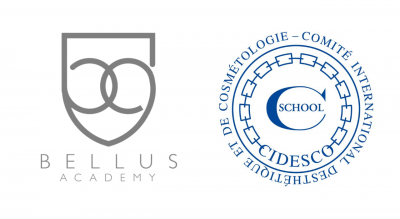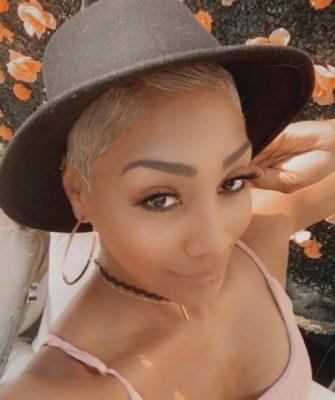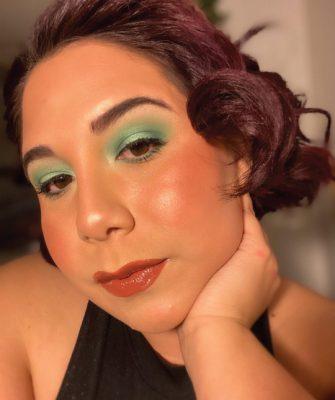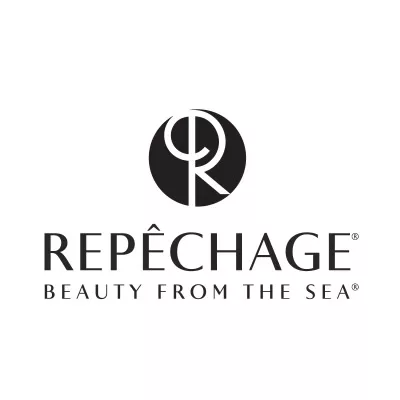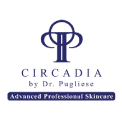The Evolving Market of Black Hair Care
To really appreciate an industry, it’s helpful to understand its heritage. As Bellus Academy students and staff commemorate Black History Month, we couldn’t resist chatting with Bonnie L. Krueger, co-founder of Chicago-based Sophisticate’s Black Hairstyles and Sophisticates Hairstyle Guide.
Thirty-two years ago this publishing entrepreneur, together with her husband/partner/Publisher, saw a void in the black hair care media market and created a consumer/pro publication that focused on all aspects of black hair care and styling.
As she prepared to interview industry icons at the Bronner Brothers International Beauty Show in Atlanta, Bonnie shared with Bellus Academy her perspective on how the black hair care market continues to evolve and what makes it such an amazing industry. Regardless of a hairstylist’s ethnicity, Bonnie’s insights are inspiring!
Q: The 2009 Chris Rock film “Good Hair” shone the spotlight on the role hair plays in the African American community. How is hair an integral part of black culture?
Bonnie: Hair and beauty are interlinked, but in the African American community, it’s about hair health as much as beauty. Decades ago, lye and other harsh ingredients were used in relaxers. Alopecia and other hair conditions exacerbated by these products led to the development of gentler formulations that created healthier hair. In fact, the black community served as pioneers in focusing the industry and consumers’ attention on hair health. The American Health and Beauty Aids Institute (AHBAI), a coalition of Black-owned hair-care companies, was pivotol in getting the word out about new companies that were addressing black hair care needs. When it comes to hair, black is beautiful and healthy.
Q: Who are some of the modern role models in African American hair care?
Bonnie: There are so many! George Johnson founded Chicago-based Johnson Products Company which was the first African American company on the American Stock Exchange. In 1964 he founded what was to become the nation’s largest black-owned bank and Johnson Products introduced some of the products that transformed black hair care including Ultra Wave Hair Relaxer, Ultra Sheen and Afro Sheen. While a social revolution was taking place, so was a product revolution in terms of black hair care!
The Chicago-based Gardner family also blazed an entrepreneurial trail. Ed Gardner was a teacher in Chicago Public Schools who took-on a part-time job selling hair care products to support his family. Convinced he could create better products, he began experimenting with new formulations, ultimately launching Soft Sheen Products. The company was grossing sales of more than $100M before selling to L’Oréal in 1998.
And another amazing company borne out of Chicago is Luster Products, Inc. This family-owned company is three generations strong!
Q: You’ve been in the industry for more than three decades. How is black hair care evolving?
Bonnie: Yes, I started when I was ten…ha ha. Seriously, in the hair business, we like to talk about trends and a big one now is the move toward natural looks for some and the ability to change styling options, although color and care are always important topics. Products that address thinning hair and breakage are very important and technology is introducing new options. Consumers don’t just want to look beautiful; they want hair that is healthy. Hairstylists are increasingly playing the role of educator to help clients maintain healthy hair between salon visits.
Q: Despite the inclusive and affirming nature of the beauty industry, there still seems to be a lot of segregation when it comes to salons. What is your perspective on this observation?
Bonnie: I’ve thought about this subject a lot. Salons are very much a product of the neighborhood and they tend to take on the cultural nuances of their community. More diverse areas typically reflect more diverse salon bases. At the end of the day, if a client is spending two hours or more getting her hair done, she doesn’t want to travel far to the salon – she wants a salon in her community and salons take on the culture and flavor of our communities.
Q: Aside from getting a great education, what advice would you offer aspiring hairstylists today?
Bonnie: Remember, there are so many paths to success. You can work in front of the chair, as a platform artist, product developer, or in design and marketing. Hair educators and working hairstylists are charged with inspiring wisdom and want to give back to the next generation. This community is so welcoming and even the biggest names always remember what it was like at the beginning of their dream – whether it’s a celebrity hairstylist like Johnny Wright whom I’ve dubbed the First Hairstylist, Andre Walker who has worked with Oprah Winfrey for decades, or countless other success stories.
Q: What words of inspiration would you share with those just beginning their career journey?
Bonnie: Passion and hard work are the ingredients for success. Know that you’ll be putting in many hours when you begin your career. I always say, “to be a great success, you’ve got to do what you love and love what you do!”
